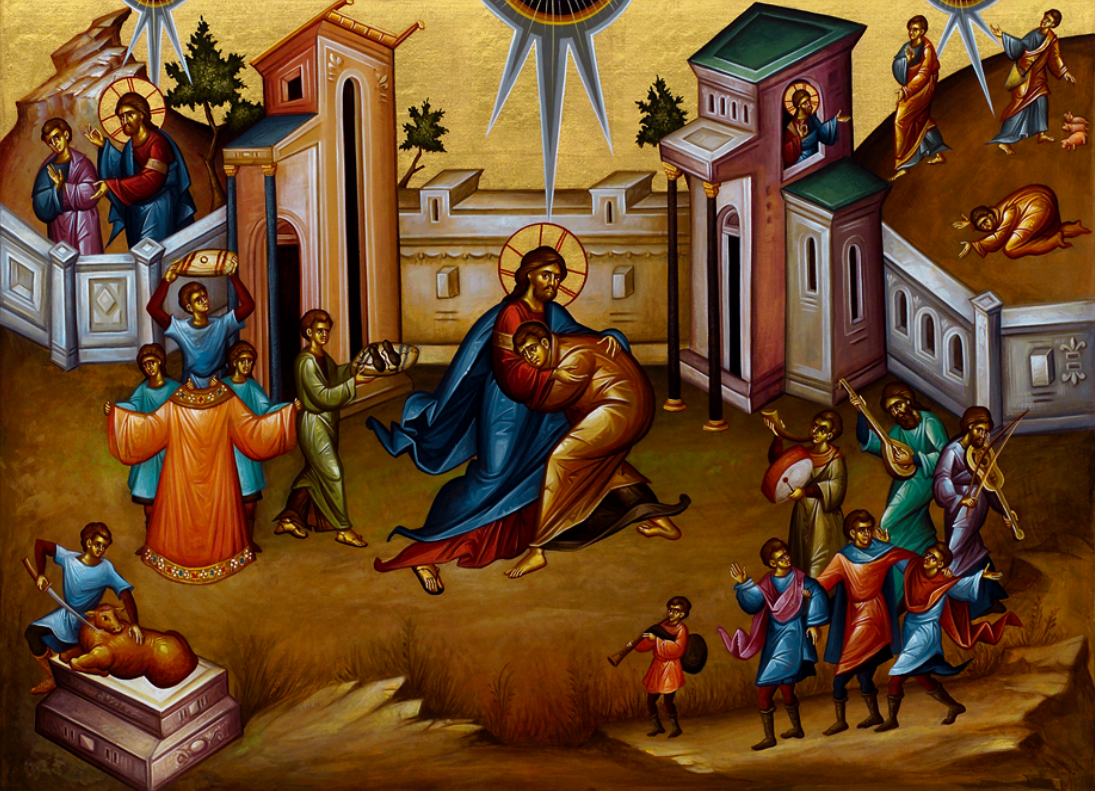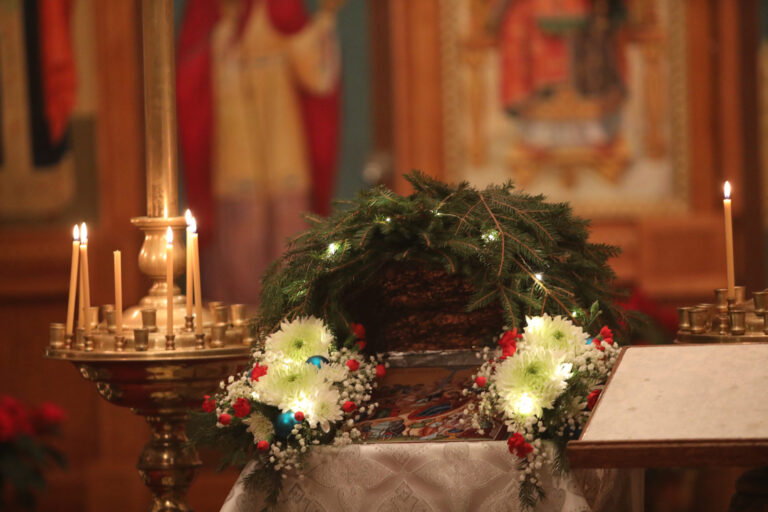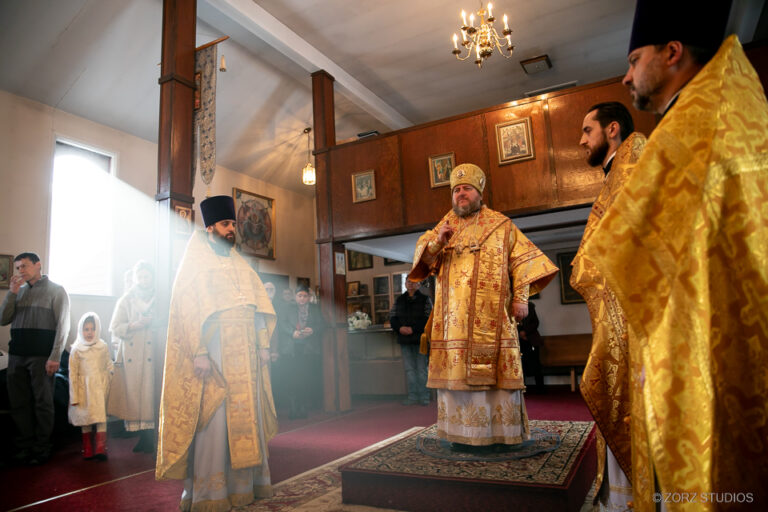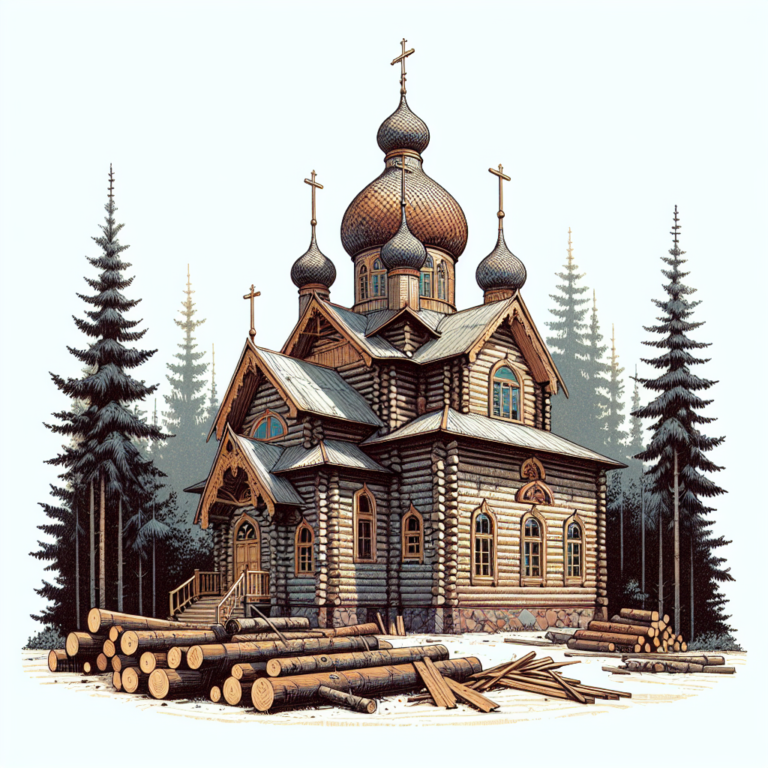Orthodoxy
Orthodoxy (Greek: ὀρθοδοξία – orthodoxia, meaning “correct judgment,” “correct teaching,” or “correct glorification” from ὀρθός – “straight, upright, correct” + δοκέω – “I think”) is:
- The true religious doctrine about God, His creation, and His relationship with creation, as well as the calling and purpose of man and the ways by which man attains salvation. This doctrine was revealed through the Lord Jesus Christ and is made known to humanity through the grace of the Holy Spirit, who continually abides in the One, Holy, Catholic, and Apostolic Church of Christ.
- The only true form of Christianity.
“Orthodoxy is the true knowledge and worship of God; Orthodoxy is the worship of God in Spirit and Truth; Orthodoxy is the glorification of God through true knowledge of Him and worship; Orthodoxy is also the glorification of man by God, the true servant of God, through the gift of the all-holy grace of the Holy Spirit. The Spirit is the glory of Christians (John 7:39). Where there is no Spirit, there is no Orthodoxy.” (St. Ignatius Bryanchaninov)
The Three Aspects of Orthodoxy
The concept of Orthodoxy encompasses three interconnected aspects:
- Doctrinal Meaning – Orthodoxy signifies the pure, complete, and unaltered Christian teaching, expressed in church dogmas. In the doctrinal sense, Orthodox teaching stands against all heresies, which distort Christianity, and it reflects the fullness of divine knowledge accessible to mankind. This meaning of the term “Orthodoxy” appears as early as the writings of 2nd-century apologists, including Clement of Alexandria.
- Ecclesiological Meaning – Orthodoxy refers to the community of autocephalous local Churches that maintain Eucharistic communion with one another.
- Mystical Meaning – Orthodoxy represents the Christian spiritual practice (experience) of divine knowledge through the acquisition of the grace of the Holy Spirit, which saves and transforms (deifies) a person.
All three aspects of Orthodoxy are interconnected and inseparable. Orthodox doctrine is rooted in mystical experience and is taught within the Church of Christ. The Orthodox Church expresses one dogmatic faith based on a single mystical experience. Orthodox mystical experience is reflected in the doctrinal teaching preserved by the Church.
The word Orthodoxy is a translation of the Greek term “Orthodoxia” (Ορθοδοξία). This word consists of two parts:
- “Ortho” (ὀρθός) – meaning “straight,” “correct.”
- “Doxa” (δόξα) – meaning “knowledge,” “judgment,” “opinion,” as well as “glory,” “radiance,” and “honor.”
These meanings complement each other: correct doctrine in religion implies correct glorification of God, which in turn leads to participation in His glory. In this final meaning (“glory”), the word doxa appears frequently in the New Testament:
- “He received from God the Father glory (doxa) and honor” (2 Peter 1:17).
- “He was crowned with glory (doxa) and honor through suffering death” (Hebrews 2:9).
- “He will come on the clouds of heaven with power and great glory (doxa)” (Luke 21:27).
- “The Christian is transformed into the same image from glory (doxa) to glory (doxa)” (2 Corinthians 3:18).
- “For Thine is the kingdom, the power, and the glory (doxa) forever” (Matthew 6:13).
Thus, the word Orthodoxia was rightly translated as Orthodoxy.
When Did Orthodoxy Begin?
Orthodoxy, as the true and correct faith and the proper worship of God, was established by Jesus Christ Himself. Thus, Orthodoxy is the original and authentic Christianity.
In 1054, Catholicism separated from the One Orthodox Church, and later, Protestantism split off from Catholicism.








